The Aboriginal people of Australia have a rich and ancient history that spans tens of thousands of years. Despite enduring significant challenges, they have made remarkable contributions to Australian society.
In this article, we will explore the invaluable contributions of Aboriginal people, delve into the depth of their culture and heritage, and introduce you to five of the most famous Aboriginal individuals who have left an indelible mark on Australia.
Contributions of Aboriginal People to Australia
Aboriginal people have made substantial contributions to Australia, ranging from art, music, and sports to politics, advocacy, and cultural preservation. Their knowledge of the land, its ecosystems, and sustainable practices has been vital for the conservation of Australia’s unique environment.
Aboriginal Culture and Heritage
Aboriginal culture is one of the oldest continuous cultures in the world. It is characterized by a profound connection to the land, a rich oral storytelling tradition, intricate art, and a deep spirituality that reflects the Dreamtime—the Aboriginal creation narrative.
5 Most Famous Aboriginal People You Should Know
1. David Unaipon
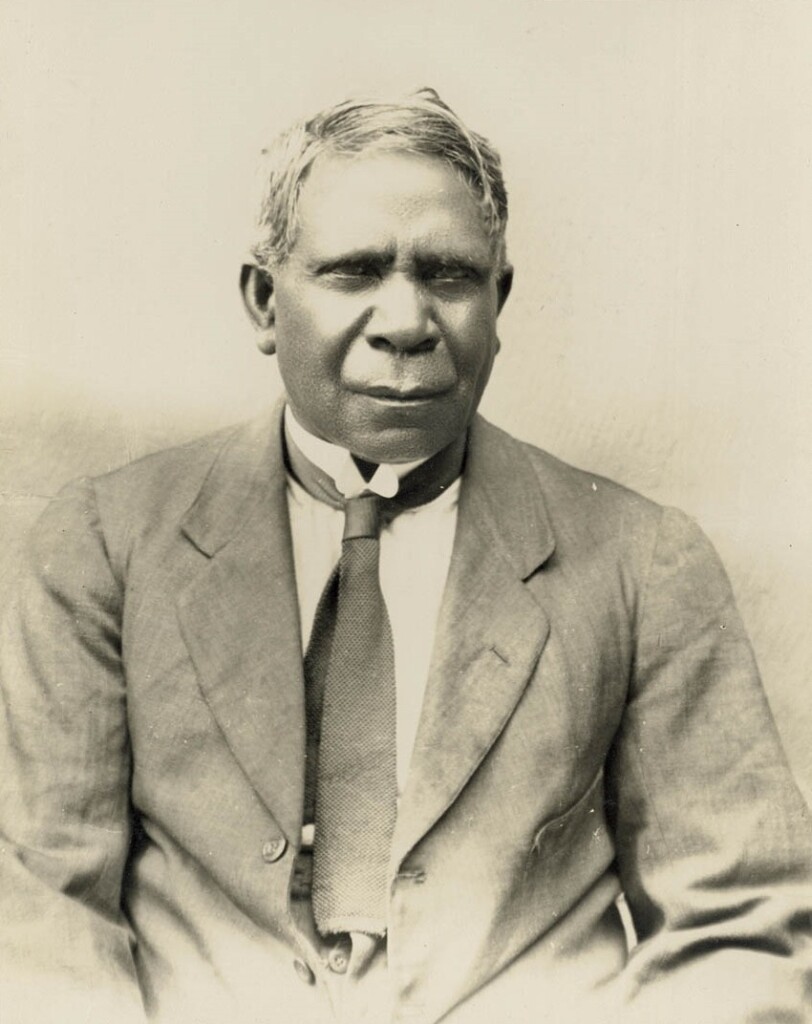
- David Unaipon (1872-1967) was a celebrated inventor, writer, and preacher. He is best known for his work on a shearing machine prototype, which contributed to the development of modern mechanical shears.
- Unaipon was also a prolific writer and an advocate for the rights of Aboriginal people. He is featured on the Australian fifty-dollar note.
2. Eddie Mabo
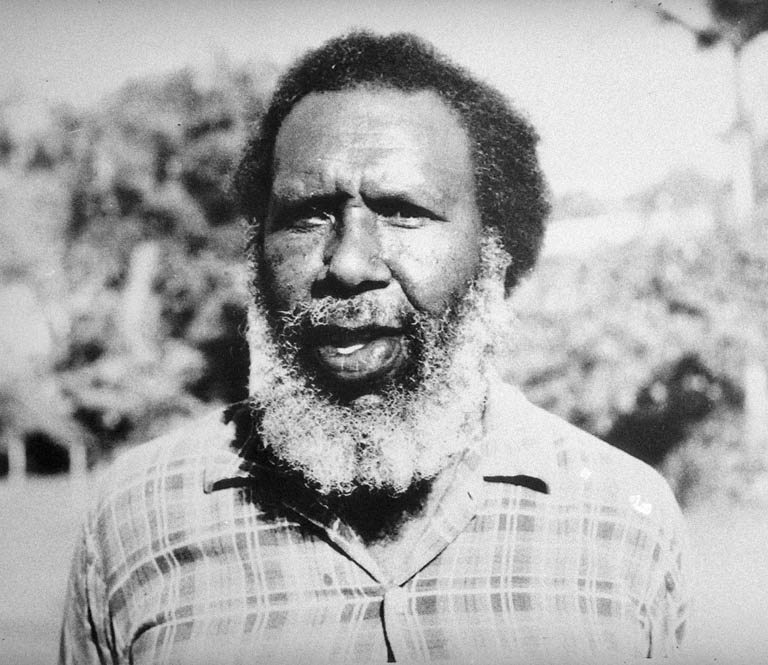
- Eddie Koiki Mabo (1936-1992) was a Torres Strait Islander whose activism led to the landmark Mabo v Queensland (No 2) case in 1992.
- The case recognized native title for Aboriginal and Torres Strait Islander peoples, challenging the legal doctrine of terra nullius (land belonging to no one) in Australia.
3. Cathy Freeman
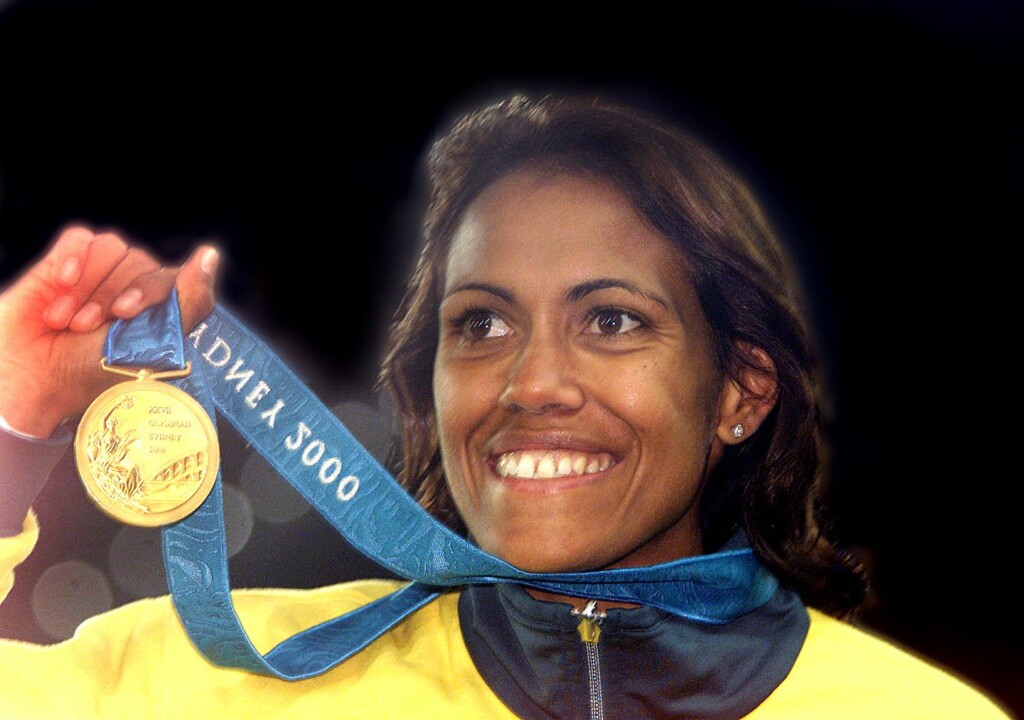
- Cathy Freeman, born in 1973, is one of Australia’s most celebrated athletes. She won two Olympic medals in athletics, including a gold medal in the 400 meters at the 2000 Sydney Olympics.
- Freeman’s victory in Sydney was a moment of immense pride and unity for the nation.
4. Lowitja O’Donoghue
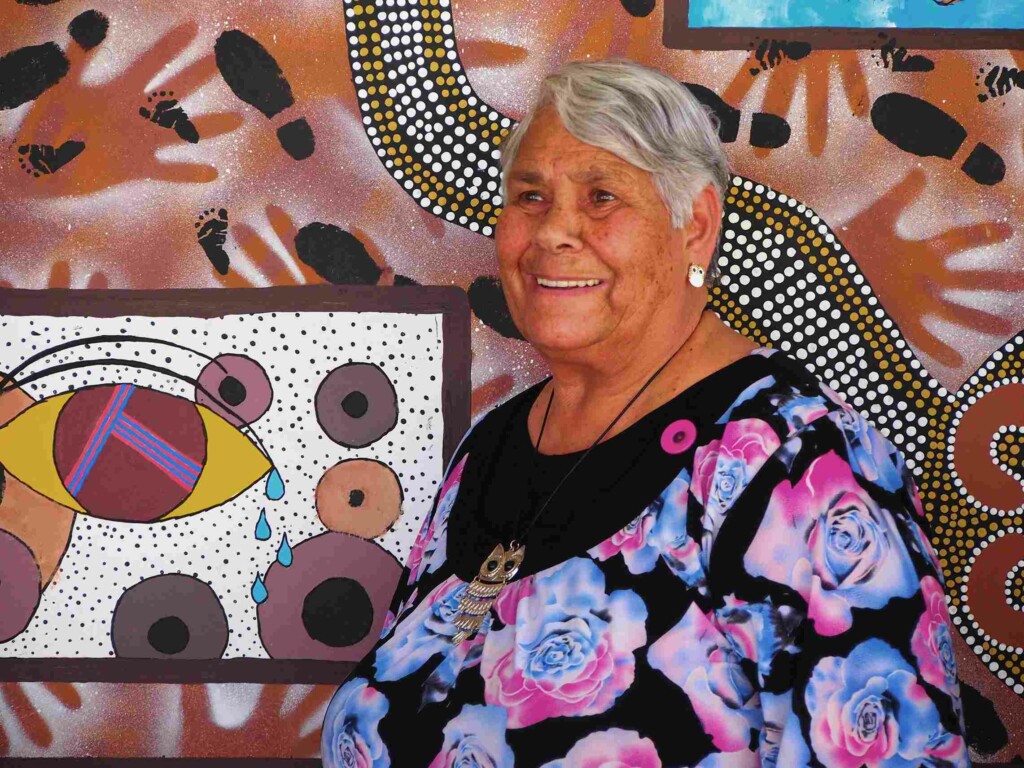
- Lowitja O’Donoghue (born 1932) is a prominent Aboriginal activist and leader. She has been a tireless advocate for the rights and welfare of Aboriginal people.
- O’Donoghue was the founding Chairperson of the Aboriginal and Torres Strait Islander Commission (ATSIC) and has received numerous awards for her work.
5. Ken Wyatt
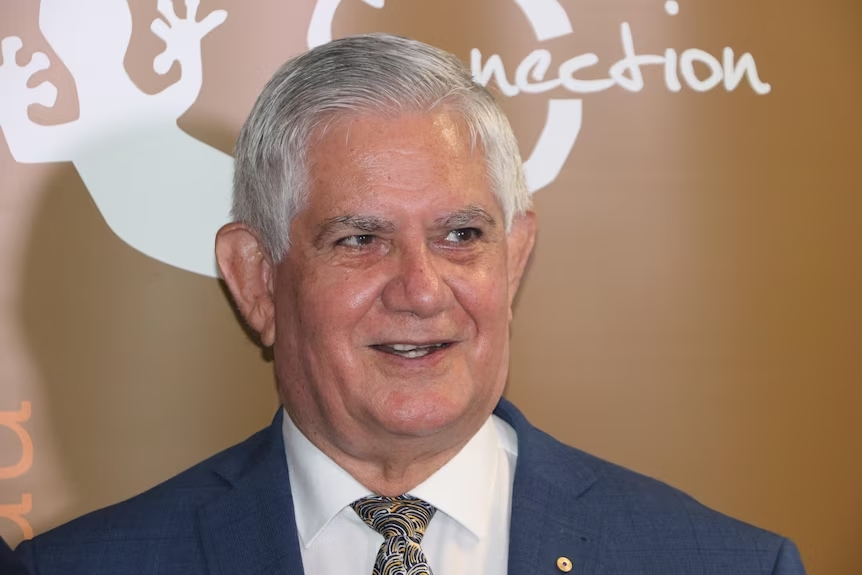
- Ken Wyatt (born 1952) is a Member of Parliament and the first Indigenous Australian elected to the House of Representatives and appointed as a federal government minister.
- Wyatt has held important portfolios and has played a key role in addressing issues affecting Aboriginal and Torres Strait Islander communities.
Challenges Faced by Aboriginal People in Australia
While acknowledging the achievements of these individuals, it is essential to recognize the ongoing challenges faced by Aboriginal people, including health disparities, social inequalities, and the preservation of their cultural heritage.
The contributions of Aboriginal people to Australia, both historically and in contemporary society, are immeasurable. Their rich culture, deep spirituality, and resilience continue to shape the nation.
By highlighting the achievements of individuals like David Unaipon, Eddie Mabo, Cathy Freeman, Lowitja O’Donoghue, and Ken Wyatt, we pay tribute to the enduring strength and remarkable contributions of Australia’s First Nations people. Nevertheless, it is crucial to acknowledge and address the challenges that Aboriginal communities still face to achieve social justice and equality.

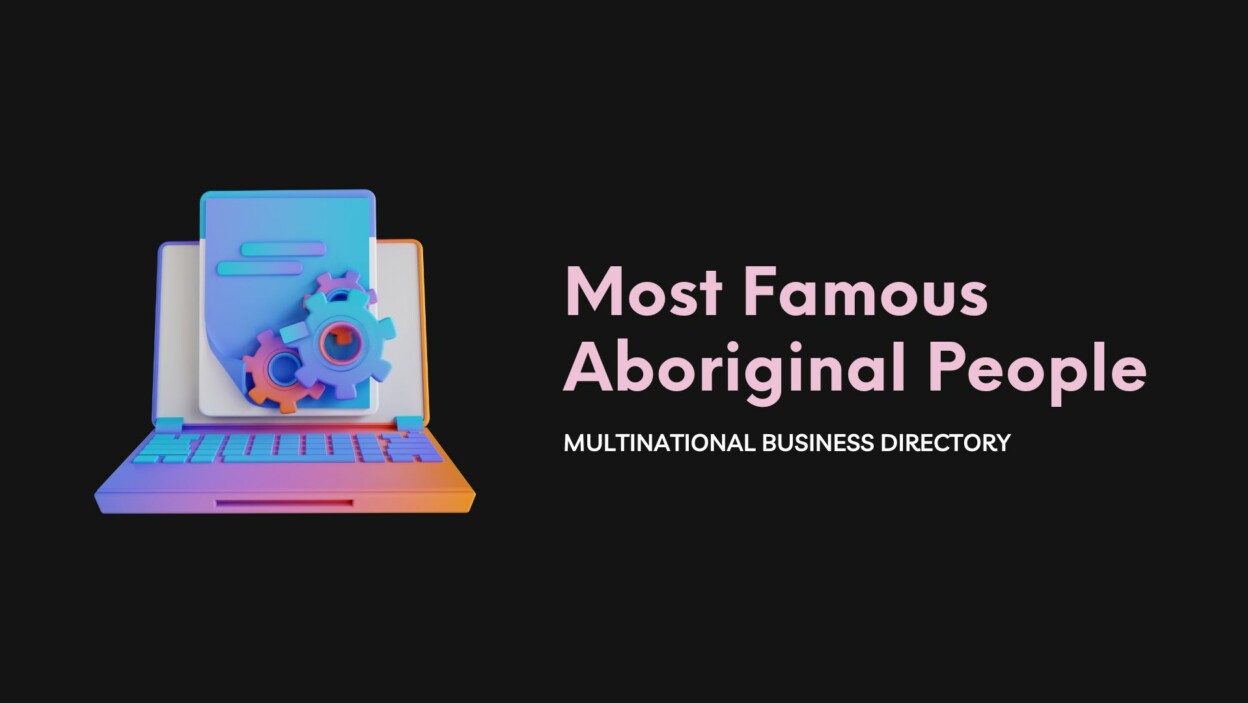
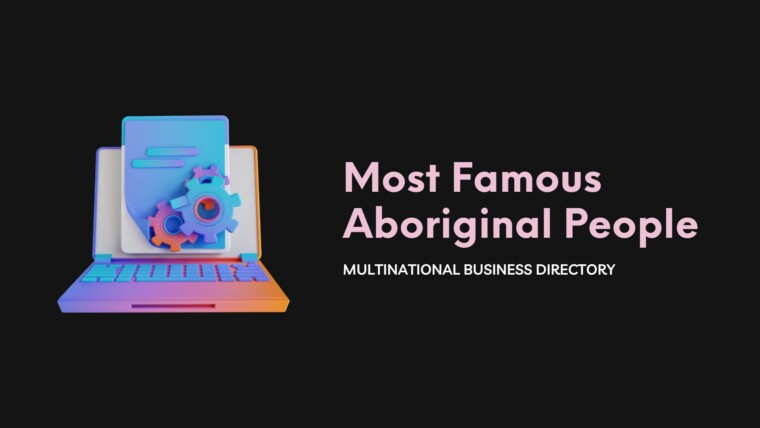
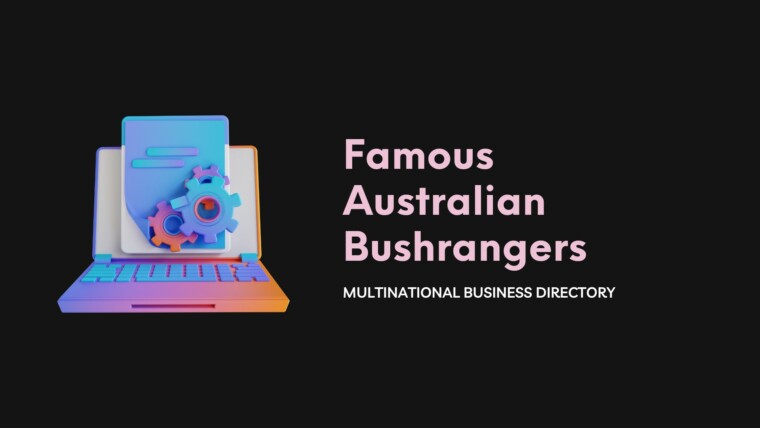
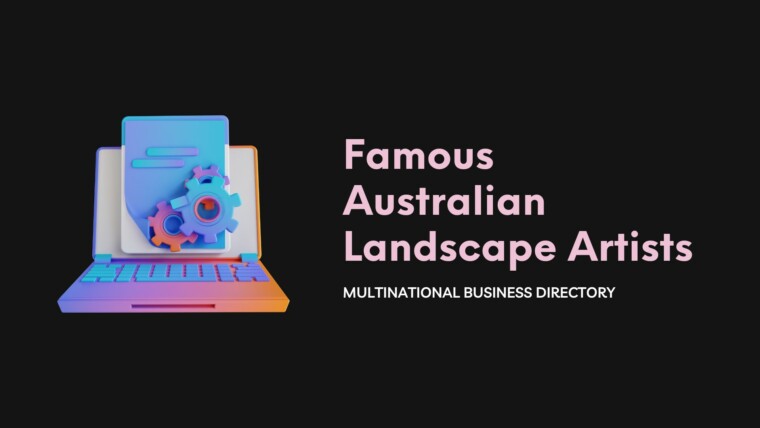
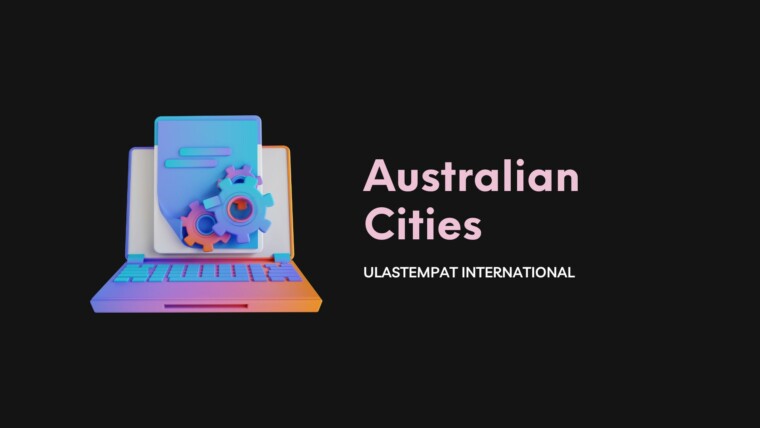
Companies That Support Israel: A List to Avoid
Does Red Bull Support Israel? Decoding the Unraveled Connection
Fast Food Chains Aligned with Israel Support
Boycott List: Fashion Companies Supporting Israel You Should Be Aware Of
Does These Firearms Support Israel? Exploring the Unraveled Connection
Does These Tech Brands Support Israel? Decoding the Unraveled Connection
Does These Filmography Support Israel? Understanding the Intricate Ties
Does These Online Business Support Israel? Exploring the Unraveled Connection